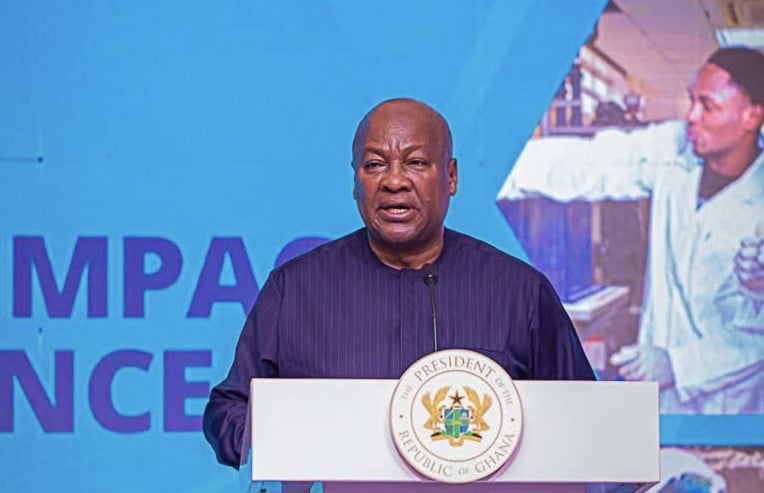Ghana’s Renewed Focus on Sanitation and Urban Resilience: A Comprehensive Strategy for Cleaner Cities and Flood Mitigation
Ghana is embarking on a renewed national effort to improve sanitation and enhance urban resilience, particularly in the capital city of Accra. President John Dramani Mahama has announced a comprehensive strategy that links the performance of local government officials to cleanliness outcomes, strengthens the National Sanitation Day program, and implements a robust flood mitigation plan. This holistic approach addresses the interconnected challenges of urban hygiene and environmental vulnerability, aiming to create cleaner, healthier, and more resilient communities across the country.
The core of this initiative is the direct accountability of Metropolitan, Municipal, and District Chief Executives (MMDCEs) for the cleanliness of their jurisdictions. Sanitation will become a key performance indicator, influencing their continued service. This performance-based approach is expected to drive significant improvements in local sanitation efforts. The revitalized National Sanitation Day program, now legally mandated and financially supported, will play a crucial role in achieving these goals. This monthly exercise will engage all Ghanaians in collaborative cleaning activities, fostering a sense of collective responsibility for environmental hygiene.
The National Sanitation Day program will be operationalized through partnerships with local assemblies and private sector service providers. This collaborative model leverages the resources and expertise of various stakeholders, ensuring a more effective and sustainable approach to sanitation management. Furthermore, the government will rigorously enforce existing laws requiring households to maintain the cleanliness of their frontages and adjacent drains. Non-compliance will result in appropriate sanctions, underscoring the seriousness of this national sanitation drive.
Addressing the persistent issue of flooding in Accra is another critical component of this urban renewal strategy. The city’s vulnerability to floods, which annually cause significant loss of life and property, stems from a combination of factors, including poor drainage systems, unregulated development, and the escalating impacts of climate change. To tackle this challenge, a dedicated inter-agency task force has been established to implement a comprehensive flood mitigation strategy.
The flood mitigation strategy encompasses a range of interventions, including desilting major drains, re-engineering waterways, relocating structures situated in watercourses, and enforcing building regulations. These measures aim to improve water flow, enhance drainage capacity, and minimize the risks associated with flooding. The Odaw River Basin and the Kaneshie Mallam Corridor, two areas particularly susceptible to flooding, are being prioritized under this plan. The government is also actively working with the World Bank on the Greater Accra Resilient Integrated Development Programme to accelerate flood prevention efforts.
Recognizing the importance of community participation in flood preparedness, residents are urged to exercise caution during heavy rains, avoiding flooded drains and protecting their properties during peak flood season. The government is integrating the Greater Accra Flood Control Master Plan into the National Climate Resilience Strategy, demonstrating a commitment to long-term solutions that address the underlying causes of flooding and build urban resilience against climate change.
To empower local governments to effectively manage sanitation and development projects, the government has directed that 80% of the District Assemblies’ Common Fund revenues be paid directly to the Metropolitan, Municipal, and District Assemblies (MMDAs). This increased financial autonomy will provide local authorities with the resources they need to implement effective sanitation programs and pursue local development initiatives. The Cabinet will also consider decentralizing the sanitation budget, further enhancing local control over sanitation management.
This comprehensive strategy underscores the government’s commitment to transforming urban environments in Ghana. By linking the performance of local officials to sanitation outcomes, strengthening the National Sanitation Day program, and implementing a robust flood mitigation plan, the government aims to create cleaner, healthier, and more resilient cities and towns. The active involvement of communities, coupled with strong partnerships between government agencies and the private sector, will be crucial to the success of this ambitious national endeavor. This integrated approach to urban renewal promises a brighter future for Ghana’s urban centers, marked by improved sanitation, enhanced resilience, and a higher quality of life for all citizens.


